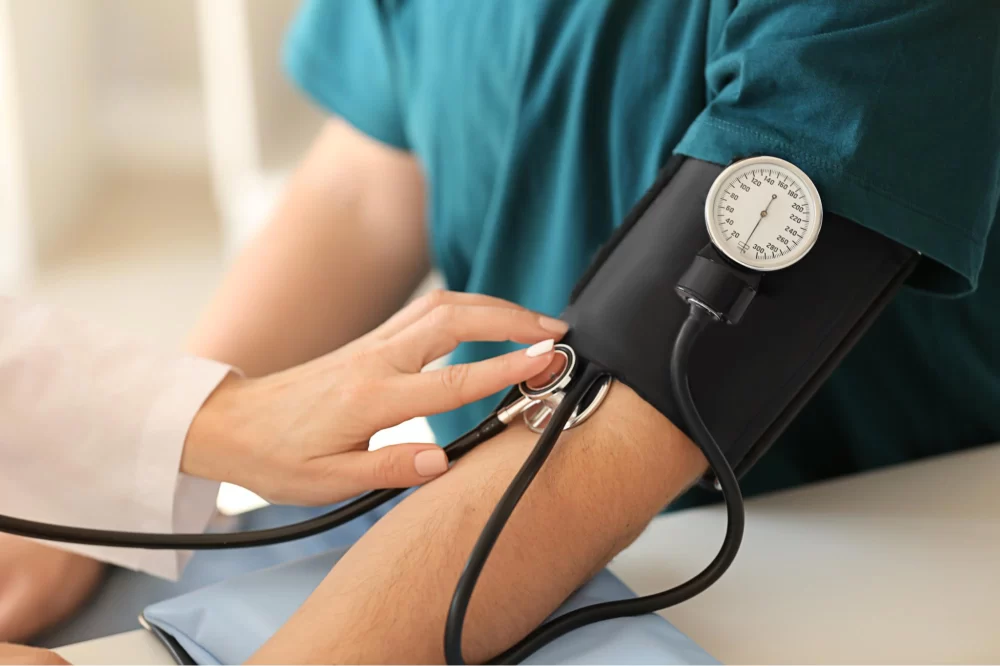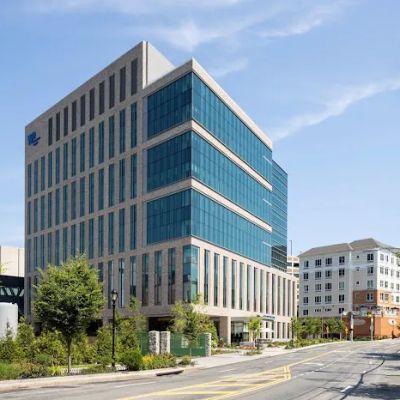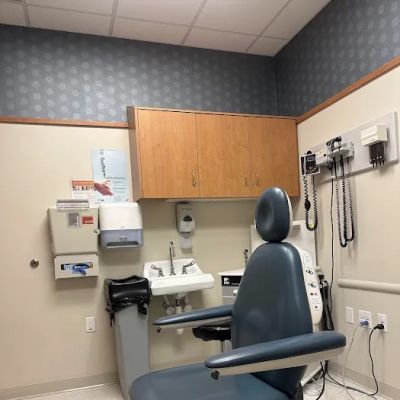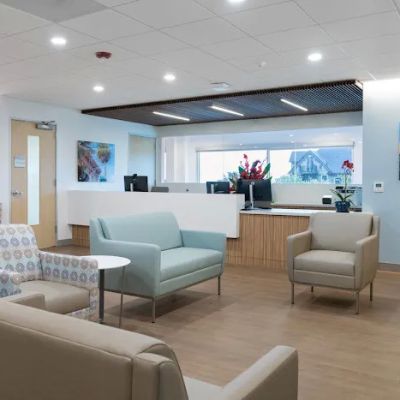Importance of Regular Blood Pressure Monitoring
For years, I took my health for granted, rarely thinking about my blood pressure until a routine check-up at my doctor’s office. To my surprise, I was diagnosed with high blood pressure, or hypertension, which can be a silent killer if left untreated. This experience opened my eyes to the crucial role that regular blood pressure monitoring plays in heart health. I quickly realized that keeping track of my blood pressure regularly could help me take proactive steps to manage my health and reduce the risk of serious heart problems. Let me walk you through what I learned about why it’s essential to monitor blood pressure and how doing so can help prevent heart disease.

1. Understanding Blood Pressure and Its Impact
Before I started paying attention to my blood pressure, I didn’t fully understand what it meant. Blood pressure is the force of blood against the walls of your arteries as your heart pumps it around your body. It’s measured using two numbers: systolic (the pressure when your heart beats) and diastolic (the pressure when your heart rests between beats). A normal blood pressure reading is typically around 120/80 mmHg. Anything higher can indicate that your heart and arteries are under excessive strain, which is what happened to me. I learned that uncontrolled high blood pressure can lead to severe health complications like heart attacks, stroke, kidney failure, and other cardiovascular diseases.
Having high blood pressure doesn’t usually cause noticeable symptoms, which is why it’s often called the “silent killer.” I was fortunate that my doctor caught it early, but many people are unaware of their condition until it becomes more serious. That’s why I learned how important it is to monitor my blood pressure regularly, even if I feel fine.
2. Why Regular Blood Pressure Monitoring is Crucial
Regularly checking your blood pressure is one of the most effective ways to catch high blood pressure early and take action before it causes damage. Here are some reasons why monitoring blood pressure is so important:
- Early Detection: As I learned, high blood pressure often has no symptoms until it’s too late. Regular checks help detect it early, so you can start treatment before more serious conditions develop.
- Managing Hypertension: If you have been diagnosed with high blood pressure, tracking it regularly helps you monitor whether your medication or lifestyle changes are working. For me, this meant adjusting my diet, exercise routine, and medication to keep my blood pressure in check.
- Preventing Heart Disease: Keeping blood pressure under control helps prevent damage to the heart and blood vessels. Consistent monitoring allowed me to avoid the long-term effects of high blood pressure, such as heart failure or arterial damage.
- Lowering Risk of Stroke: High blood pressure is a leading cause of stroke. By monitoring and managing my blood pressure, I significantly lowered my risk of having a stroke.
- Improving Overall Health: By regularly monitoring my blood pressure, I was able to focus on lifestyle changes that benefited my entire cardiovascular system, including improving circulation, managing stress, and maintaining a healthy weight.
3. How Often Should You Monitor Your Blood Pressure?
When I first started monitoring my blood pressure, I wasn’t sure how often I should check it. The frequency really depends on your current health status. If you have normal blood pressure, it’s recommended to check it at least once every two years. However, if you have risk factors for high blood pressure or have already been diagnosed with hypertension, regular monitoring becomes essential.
Here’s a general guideline that I followed:
- Normal Blood Pressure: If your blood pressure is normal (less than 120/80 mmHg), checking it every two years is usually enough.
- Elevated Blood Pressure: If your blood pressure is elevated (systolic between 120-129 and diastolic less than 80), it’s important to monitor it more frequently. I started checking it at least once a month.
- High Blood Pressure: If you’ve been diagnosed with hypertension (blood pressure consistently higher than 130/80 mmHg), I found it essential to monitor my blood pressure weekly or even more often, depending on my doctor’s recommendation.
Home monitoring devices made it easy for me to check my blood pressure in the comfort of my own home. These devices are reliable and accurate, and they helped me stay on top of my health without frequent doctor visits. I could easily track my readings and share them with my healthcare provider during appointments.
4. Lifestyle Changes That Help Control Blood Pressure
After realizing how important blood pressure monitoring was, I wanted to make lifestyle changes that would help control my blood pressure naturally. Through research and conversations with my doctor, I learned that certain lifestyle changes could have a profound effect on managing hypertension:
- Diet: I adjusted my diet by reducing sodium intake, eating more fruits, vegetables, and whole grains, and cutting back on processed foods. The DASH (Dietary Approaches to Stop Hypertension) diet became my go-to for managing my blood pressure.
- Exercise: Regular physical activity became a priority for me. I aimed for at least 30 minutes of moderate exercise most days of the week. Exercise helped strengthen my heart, improve circulation, and keep my blood pressure in check.
- Stress Management: Stress was a big factor in my elevated blood pressure. I incorporated relaxation techniques like meditation, yoga, and deep breathing exercises to reduce stress and lower my blood pressure.
- Limiting Alcohol and Caffeine: Cutting back on alcohol and reducing caffeine intake also played a role in maintaining healthy blood pressure. Both can cause temporary increases in blood pressure, and moderating these helped me stabilize my readings.
- Weight Management: Maintaining a healthy weight was one of the most effective changes I made. Losing just a few pounds helped me significantly lower my blood pressure.
These lifestyle changes, combined with regular monitoring, allowed me to successfully manage my blood pressure and reduce the risk of heart disease.
5. The Role of Your Healthcare Provider
While monitoring my blood pressure at home was helpful, I also realized the importance of working closely with my healthcare provider. My doctor helped me interpret my readings, understand my risk factors, and adjust my treatment plan as needed. Regular check-ups with my healthcare provider allowed me to stay on top of my heart health and ensure that my blood pressure was well-controlled.
If you have high blood pressure, it’s crucial to follow your doctor’s recommendations and keep them informed about your readings. I made it a point to bring my blood pressure log to every appointment, which helped my doctor tailor my treatment plan accordingly.






















Daniel M. Sauri, MD
blood pressure 136/56
800 Biesterfield Rd, Elk Grove Village, IL 60007, USA